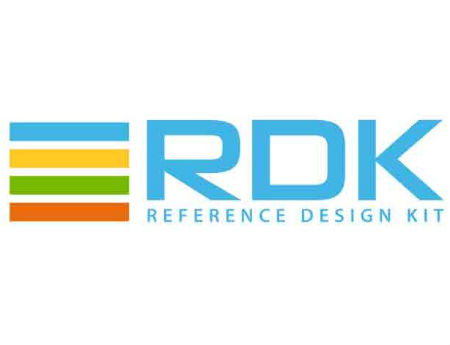Deutsche Telekom Eyeing RDK: Report
The smarter way to stay on top of the multichannel video marketplace. Sign up below.
You are now subscribed
Your newsletter sign-up was successful

The global ambitions of the Reference Design Kit, the integrated software stack for set-tops being managed by three major MSOs, could get a big boost from a big telco in Germany.
Deutsche Telekom is monitoring the initiative and weighing whether it could complement its own efforts involving virtual set-top boxes and cloud-based user interfaces, CSI Magazine reported this week, citing DT exec Oliver Friedrich, who spoke at the CDN World Summit in London.
“RDK is a good example of how operators can push browser developments. We are definitely looking at it in the next weeks already,” Friedrich said, according to the report.
DT has not responded to requests for additional comments on its future plans involving the U.K. RDK LLC, the joint venture of Comcast, Time Warner Cable, and Liberty Global that is managing the stack, declined to comment.
Deutsche Telekom’s T-Labs unit has been working with ActiveVideo’s CloudTV platform to power field trials of a “virtual” set-top initiative. ActiveVideo, which has been touting the economics of set-top virtualization, recently joined the RDK club as a licensee, extending an application and service framework that could potentially ride on top of the RDK and give the platform a way to utilize a cloud-based browser.
More than 160 companies, including an array of set-top box makers, silicon vendors, and test and integration firms, have licensed the RDK. More than 15 pay-TV operators, including Comcast, Liberty Global, TWC, and Kabel Deutschland, are among those that have licensed the RDK.
But an operator doesn’t need to license the RDK directly in order to take advantage of the platform; they can also rely on a third party, such as a systems integrator or a set-top manufacturer to get access to it.
The smarter way to stay on top of the multichannel video marketplace. Sign up below.
DT appears to be taking this partnership path to RDK, at least early on. In March, Cisco Systems announced that it had implemented an RDK-based IPTV system for a pilot project for DT subsidiary Hrvatski Telekom, the largest operator Croatia. At the time, Cisco touted it as the first RDK-based IPTV deployment and Europe’s first successful implementation of the RDK.
